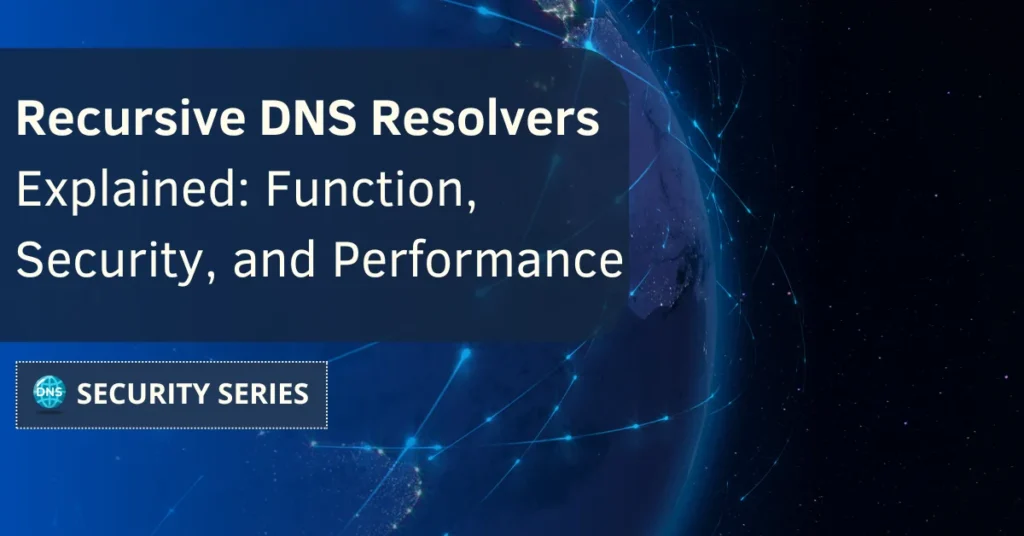Recursive DNS Resolvers Explained: Function, Security, and Performance
In the first quarter of 2025, the number of registered domains worldwide reached 368.4 million, according to DNIB. Every time we type a website address into our browser, our devices rely on a hidden system to translate one of those human-friendly domain names into an IP address, allowing us to connect to the correct server. […]
Recursive DNS Resolvers Explained: Function, Security, and Performance Read More »


